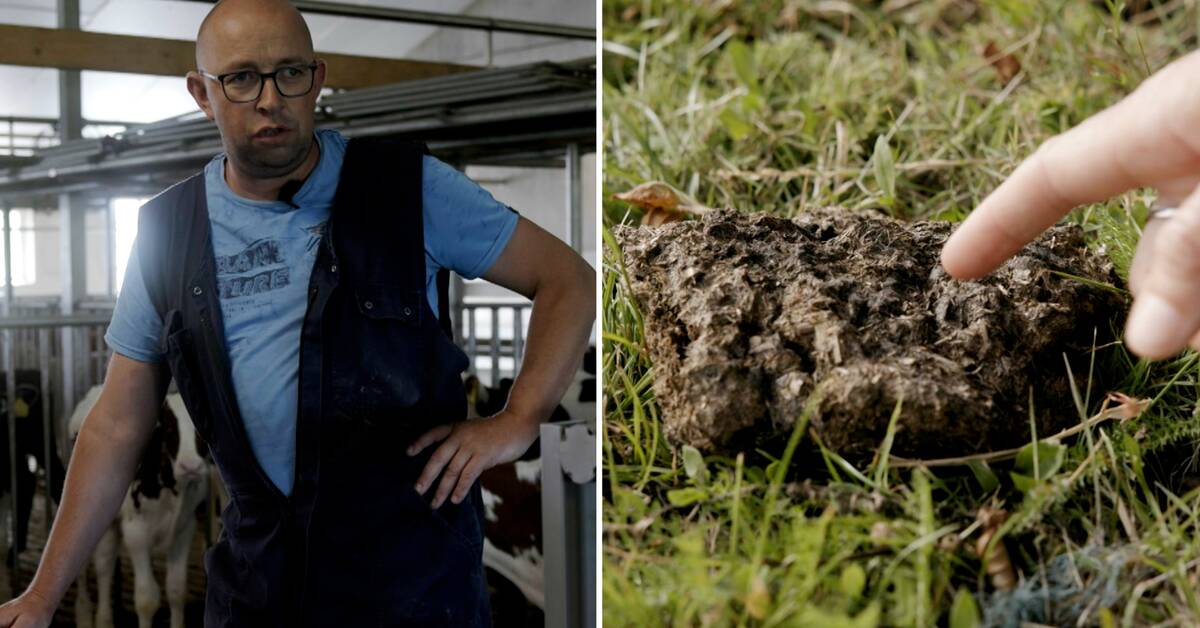All summer, farmers in the Netherlands have blocked highways, burned hay bales and sometimes violently protested the government's plans to cut nitrogen emissions by 50 percent by 2030.
The proposal means, according to the government's calculations, that 30 percent of the country's animals must disappear.
In reality, this means that 11,200 farms will be forced to close and 17,600 will have to drastically reduce the number of animals.
At the same time, a transition to sustainable agriculture is required.
Kiss and poo that mix
The problem is above all faeces and urine from the animals.
When these are mixed, ammonia is formed and a kind of super nitrogen occurs.
When it is then used as fertilizer, the nitrogen content in the groundwater becomes high, something that can damage sensitive natural areas.
In Meijendel's nature reserve, the changes are visible in the form of grass taking over, even though nitrogen emissions have been reduced here.
The sensitive plants become fewer.
- The grass suffocates the plants and the diversity decreases, says Harrie van der Hagen, ecologist.
What the farmers therefore need to start with is to separate faeces and urine, something that comes naturally if the animals are allowed to go outside.
When storing indoors, technical solutions are needed, something that many people lack.
Ecologist Harrie van der Hagen shows where the grass has taken over, which he believes is a consequence of the high nitrogen emissions.
Photo: Nicolai Zellmani/SVT
"We provide the people with food"
Calf farmer Wim Brouwer has created a system for urine separation in one of his barns, but needs to rebuild his other barn.
His criticism is that the transition should take place too quickly and that it is not reasonable that only their industry should be affected.
- If there is to be a reduction in emissions, it should happen for all of us, not just for agriculture.
Especially since we provide the people with food, says Wim Brouwer, calf farmer in the Gelderland region, which has the most agriculture in the country.
The protests have received great support among the people, but many believe that there also needs to be a change.
- Agriculture accounts for 60 percent of the national emission of nitrogen, so it is reasonable for the government to turn to the farmers.
But at the same time, of course, emissions from aviation, industry and traffic must also be reduced, says Hilde-Ann de Vries, Greenpeace.
According to the government's calculations, 30% of the country's animals must disappear.
Photo: Nicolai Zellmani/SVT

